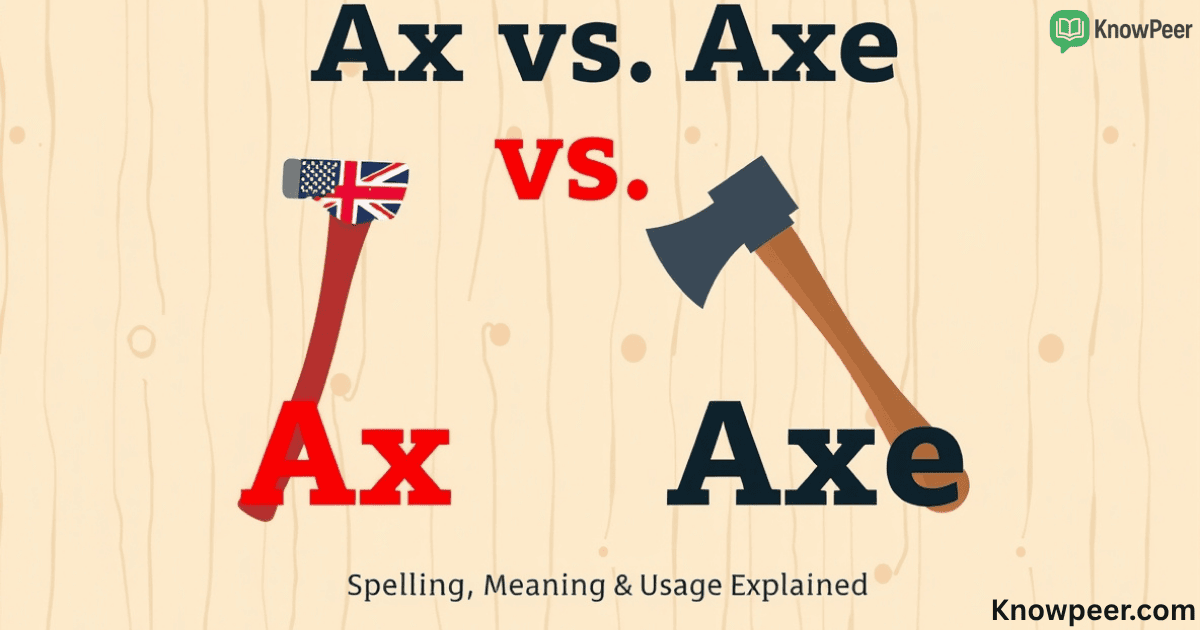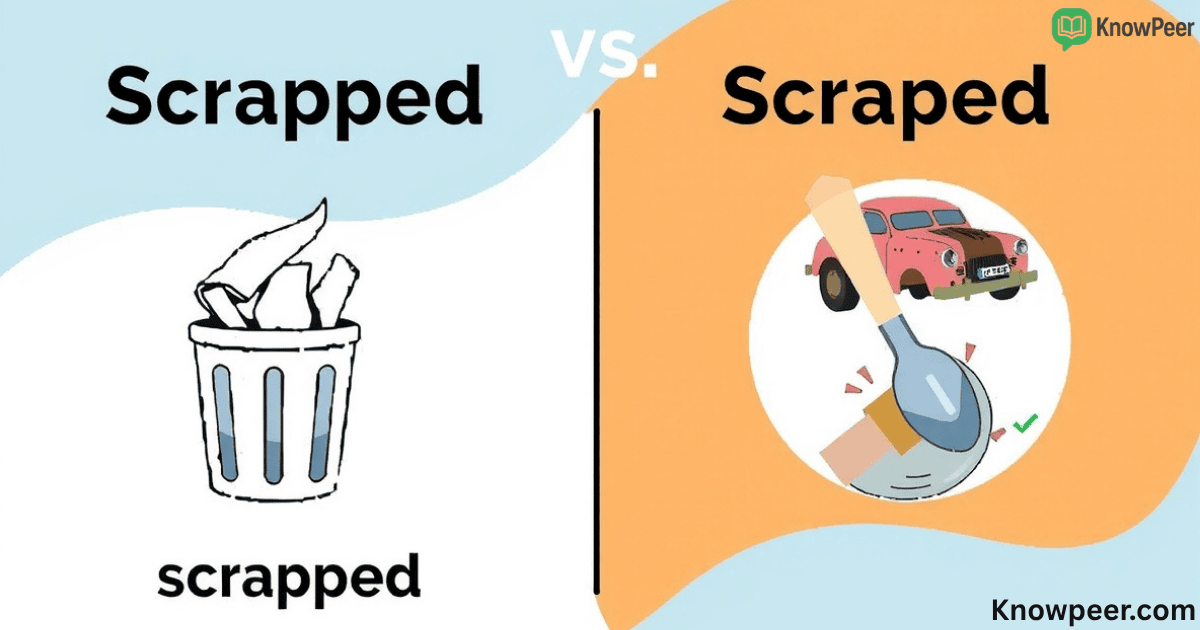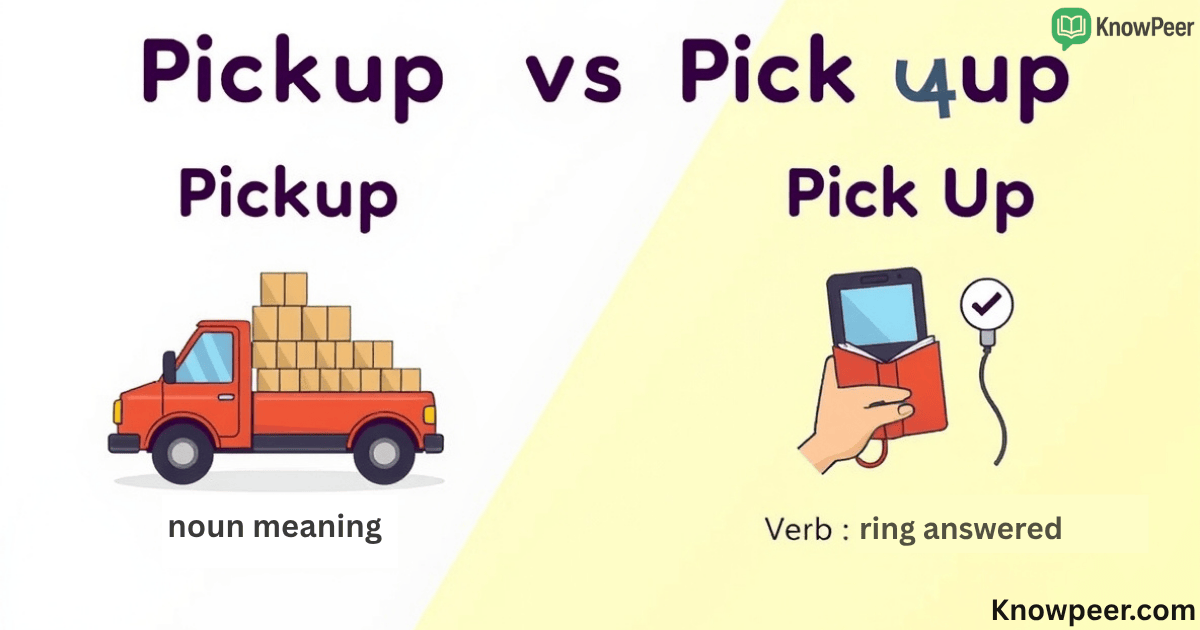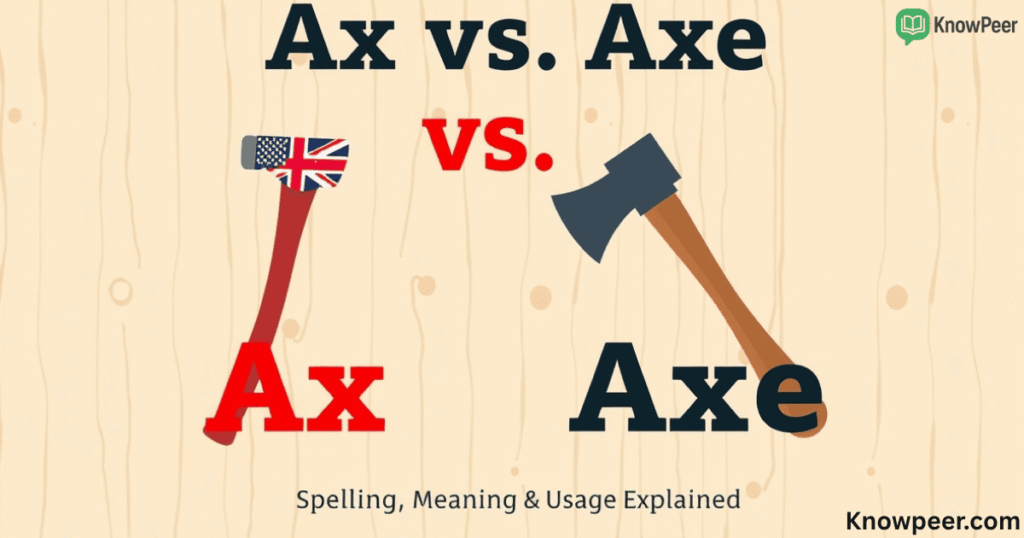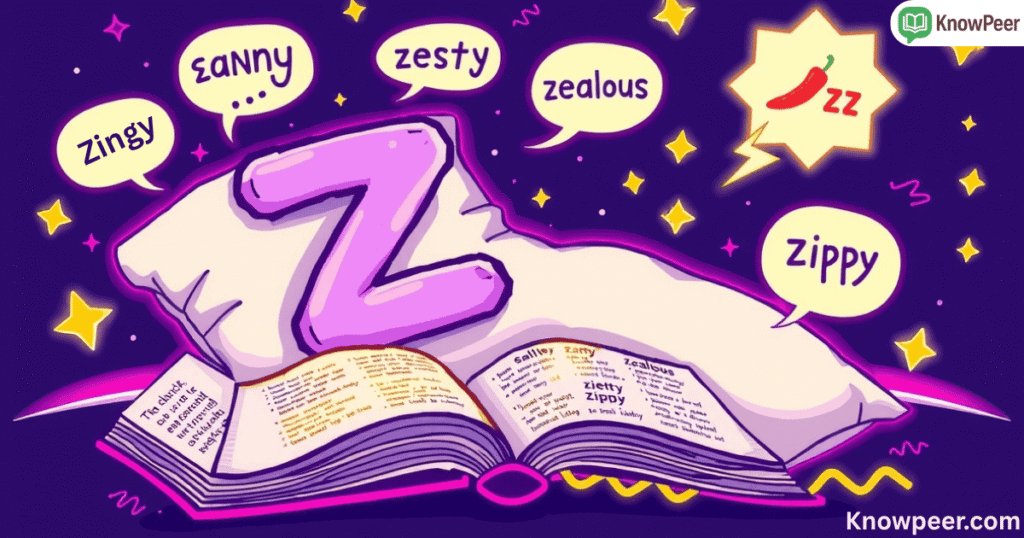The English language is full of strange word pairs that confuse even native speakers. One of the more debated ones is “agreeance vs agreement.” At first glance, they might seem like two versions of the same word. But there’s more going on under the surface. If you’ve ever asked yourself, “is agreeance a real word?” or wondered about the difference between agreeance and agreement, you’re not alone. This article will guide you through the history, usage, and meaning behind these two terms. We’ll also talk about when you should use each one—and when to avoid them.
Understanding the correct word is more than grammar—it affects how others view your professional tone and communication style. Choosing between these two words isn’t just about preference. It’s about using the proper word choice in the right setting.
What’s the Difference Between ‘Agreeance’ and ‘Agreement’?
When comparing agreeance vs agreement, it’s easy to assume they mean the same thing. Both words relate to the idea of two or more people sharing a mutual understanding or coming to a decision together. However, they are not equally accepted in modern English. The difference between agreeance and agreement comes down to usage, formality, and acceptance in standard grammar.
Agreement is the correct and widely recognized term. It refers to a mutual decision or shared opinion, often used in both formal and informal settings. You’ll find it in contracts, business discussions, legal writing, and everyday conversations. According to most dictionaries, the agreement definition includes arrangements, pacts, and harmony between parties. Because of its clarity and versatility, “agreement” is considered the standard word across all types of communication.
Agreeance, by contrast, is much less common. While the agreeance definition also refers to the state of agreeing, the word is rarely used today. It’s often flagged as an outdated English word and isn’t listed in most major dictionaries. Some people might use it in casual speech or creative writing, but it lacks the legitimacy and formal acceptance of “agreement.” As a result, using “agreeance” in professional or academic writing is usually seen as a common grammar mistake.
To sum it up, agreement is appropriate in nearly every context. Agreeance is not. If you’re writing for business, school, or any situation where tone matters, “agreement” is the word to choose. Using the wrong word could make your message seem unclear or even unprofessional.
| Term | Status | Usage Level | Modern Acceptance |
| Agreement | Standard | Formal & Informal | High |
| Agreeance | Obsolete/Informal | Rare & Informal | Low |
So, while both words suggest the act of agreeing, only one is considered the standard today.
Is ‘Agreeance’ a Real Word or Just a Common Mistake?
If you’ve ever heard someone say “in agreeance” and wondered whether that’s correct, you’re not alone. The question “is agreeance a real word?” comes up often, especially in discussions about confusing English words. The short answer is yes, but with some important caveats. Agreeance is technically a word, but it’s not one you should use in most situations.
Historically, “agreeance” did appear in English centuries ago. In the 16th and 17th centuries, writers occasionally used it to mean the act of agreeing or a state of being in harmony. But over time, it fell out of favor. Language experts and dictionaries began to favor “agreement” instead, which was cleaner, simpler, and more widely understood. Today, most grammar guides and writing experts list “agreeance” as obsolete or nonstandard. It’s rarely found in formal writing or modern usage.
Modern dictionaries may still include agreeance definition entries, but often with a warning label—terms like “rare,” “dated,” or “informal” are attached. That’s a clear sign to avoid it in professional or academic contexts. Even in casual writing, the word can sound awkward or pretentious. Most readers expect to see “agreement,” not a word that looks and feels unusual Agreeance vs Agreement.
Which One Should You Use—and When?

When choosing between agreeance vs agreement, the decision is simple: use agreement in nearly every situation. It’s the widely accepted, correct, and professional term. Whether you’re writing an academic paper, drafting a business email, or having a conversation at work, agreement is the preferred word. It fits smoothly into formal writing terms, legal documents, contracts, and any context where clear, correct language matters.
So, when to use agreeance? Rarely—if ever. It might occasionally appear in creative writing or casual conversation, usually when someone wants to sound poetic or different. But even in informal speech, it can come off as incorrect or confusing. In professional environments, such as business communication or legal discussions, using “agreeance” is considered a common grammar mistake. It may raise eyebrows or lead others to question your command of the language.
Think about your audience. In professional communication, clarity is everything. Misusing a term—even unintentionally—can affect how your message is received. The wrong word choice can make your tone feel unpolished or untrustworthy.
Here’s a simple rule to follow: if you’re unsure which term fits, go with agreement. It’s recognized globally, supported by grammar experts, and free from the baggage of being seen as outdated or incorrect. Agreeance might technically exist, but that doesn’t make it right for serious use. Using the right word shows that you value clear communication and understand proper word choice. In short, agreement is the safer, smarter, and more professional option—every time.
Real-Life Case Study: When Word Choice Matters
Consider a real business scenario. Two coworkers are writing a proposal. One says:
“We are in agreeance about the project timeline.”
The other corrects it to:
“We are in agreement about the project timeline.”
That small change affects how the sentence sounds. The second version feels polished and professional. It follows the tone you expect in email writing best practices. The first sounds off, maybe even wrong. This shows why knowing the difference between agreeance and agreement matters.
Legal document wording also requires absolute precision. Contracts and laws use strict, accepted terms. No lawyer would write “agreeance” into a contract. It lacks authority and could be challenged for being vague.
Here’s another example to compare usage:
| Situation | Better Word | Why It Works |
| Writing a legal contract | Agreement | Formal, accepted |
| Chatting casually with a friend | Agreeance | Informal, conversational |
| Emailing your boss | Agreement | Professional tone |
| Publishing an academic article | Agreement | Precision and clarity |
| Writing dialogue in fiction | Agreeance (if intentional) | Stylistic, character-specific |
A Short History of Agreeance and Agreement
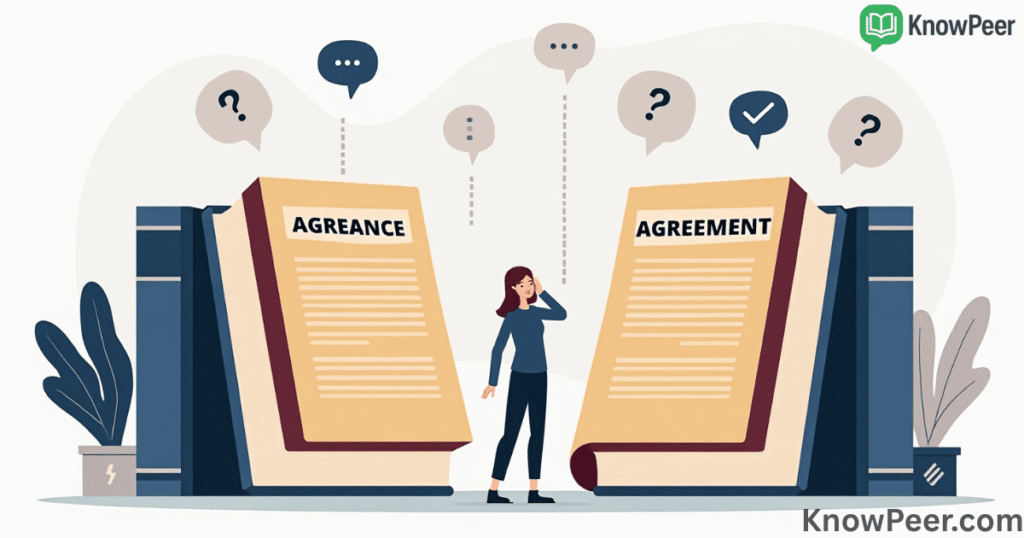
To understand the difference between agreeance and agreement, it helps to look at where each word came from. Both words trace back to the verb “agree,” but their paths through the English language are quite different. Agreement has a long, stable history. It first appeared in English around the 14th century and quickly became the standard noun form for the act of agreeing.
Agreeance, on the other hand, followed a bumpier road. It showed up in the 16th century, used by some writers of the time, but it never gained the same popularity or acceptance. While it did appear in older texts, especially in British English, it slowly fell out of regular use.
By the 1800s, agreement had fully taken over. Dictionaries and grammar references marked agreeance as rare or archaic. The word faded from mainstream English, though it still lingers in occasional speech and casual writing. In recent years, some people have mistakenly revived it, perhaps thinking it adds variety or sounds more formal. In reality, it does the opposite—it can make your writing seem less professional or even incorrect.
So while agreeance meaning might once have stood beside “agreement,” time and usage made the choice clear. One word stayed relevant, precise, and widely understood. The other became a linguistic outlier, mostly remembered as a historical footnote. For anyone looking to communicate with clarity and accuracy, agreement is the word with a proven track record.
Examples in Sentences: See the Words in Action
It helps to look at each term in real writing. These examples show the correct way to use them.
Agreement examples:
“They came to an agreement after several meetings.”
“Our agreement includes confidentiality clauses.”
“There is general agreement among scientists on the issue.”
Agreeance in a sentence:
“We are in agreeance on the menu for the party.”
“The group voiced their agreeance, although informally.”
Notice how the agreeance grammar feels off? It’s not grammatically wrong, but it doesn’t sound natural in serious conversation. That’s why it’s listed among common grammar mistakes today.
Final Thoughts
In the end, the answer is clear. If you’re unsure about when to use agreeance, the safest choice is: don’t. Use “agreement” in every situation where clarity, respect, and professionalism matter. It’s the preferred word in formal writing and the one that grammar experts recommend.
Language will always evolve. Some grammar myths may stick around, and word confusion in English won’t go away. But when it comes to “agreeance vs agreement,” one word has already won the battle.
Choosing the right term isn’t about sounding smarter. It’s about being understood. Stick with agreement for a clear, correct, and professional impression. Save agreeance for rare stylistic moments—if you use it at all.



